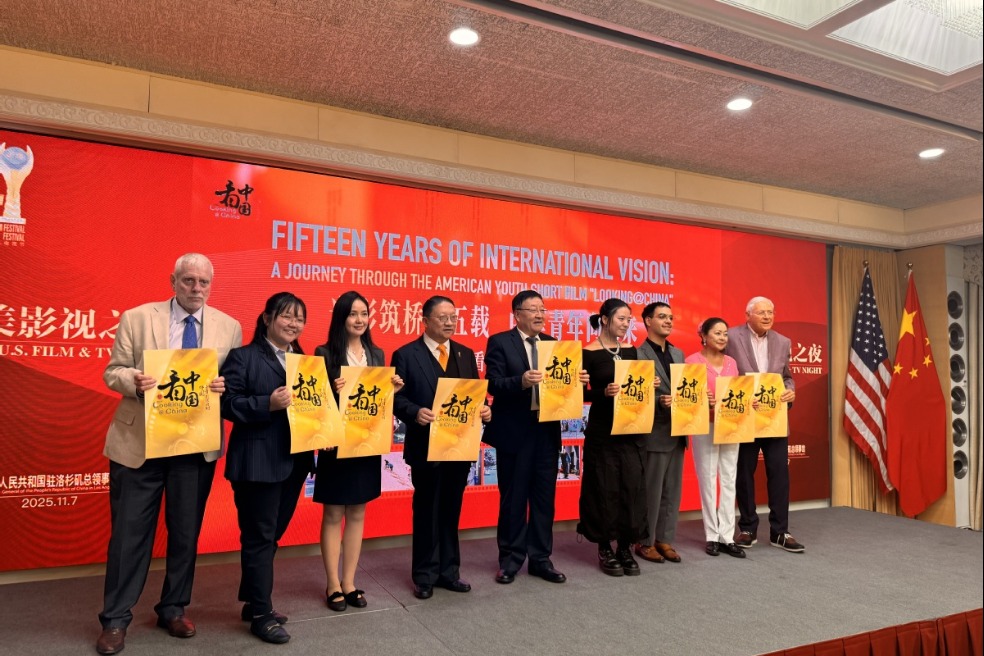Chemists make clean fuel breakthrough

Scientists are now one step closer to finding an efficient way to convert waste carbon dioxide into clean fuel following a breakthrough from researchers in the United Kingdom and China.
Chemists from Liverpool University and the Beijing Computational Science Research Center have developed a laser-powered technique that sheds light on the chemical reactions necessary to make fuel from carbon dioxide, or CO2.
Currently, the vast majority of CO2 generated through the burning of fossil fuels escapes into the atmosphere as a waste product. This contributes to climate change because CO2 is a greenhouse gas.
Scientists have long theorized that this waste CO2 could instead be captured on an industrial scale and converted into energy sources such as methane, thereby reducing carbon emissions and creating fuels that burn cleaner than coal and oil.
Chemists have been converting CO2 into fuel - via a process called electrochemical reduction – since the 19th century, but as yet no method has proven sufficiently energy-efficient to reach commercialization.
In electrochemical reduction, electrical energy breaks up the CO2 molecule with the aid of materials called electrocatalysts. Further chemical reactions lead to the formation of new molecules, including methane and ethanol. These fuels are already widely used in industry, and produce less emissions than petroleum when burned.
The electrocatalysts form an essential part of the reduction process, but the mechanisms by which they operate are poorly understood, making it hard for researchers to design more efficient systems.
"We don't understand the key design rules," said Alexander Cowan, a chemist at Liverpool University who worked on the study. "What makes a good electrocatalyst? Why do some work well and some work badly? These questions need to be addressed. What we hope is that the experiment we have been working on will provide those fundamental pieces of information."
Using a technique called vibrational sum-frequency generation spectroscopy, which utilizes lasers, the team at Liverpool was able to observe a particular electrocatalyst and its associated chemical reactions in great detail. The data was then sent to researchers at the Beijing Computational Science Research Center, who conducted theoretical study to support the interpretation of the experimental work.
"This is an important next step towards commercializing the process of electrochemical CO2 conversion into clean fuel technologies," said Gaia Neri, a researcher at Liverpool University and lead author on the study published in the journal Nature.
Cowan said that converting CO2 into fuel will remain a valuable tool even as industries decrease reliance on fossil fuels.
"Even if we completely decarbonize electricity, we are still going to have CO2 being produced," Cowan said. "We are still going to have cement factories, steel works and breweries. We can either look at CO2 as a waste product, or we can convert this molecule and make it into something useful."
Other recent projects have shown promise in the quest to create energy from CO2. In 2016, Chinese chemist Yang Song led a team of researchers at Oak Ridge National Laboratory in the United States that successfully converted CO2 into ethanol using copper nanospikes.
































